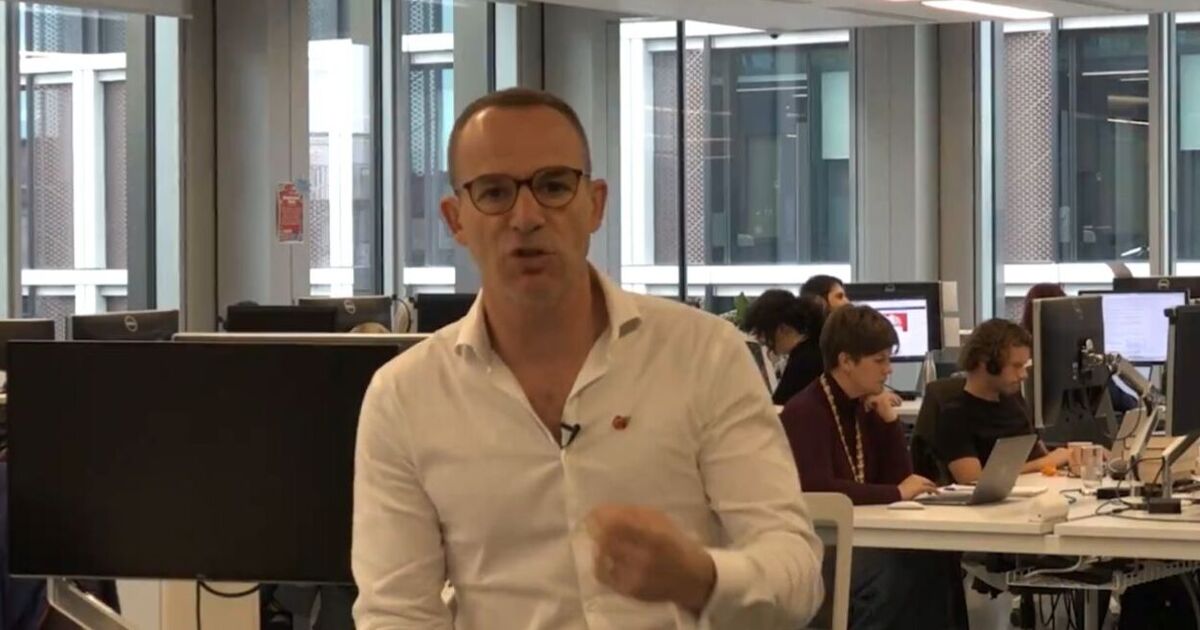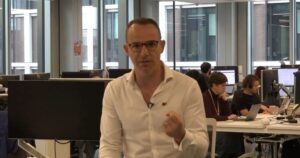
Martin Lewis has issued a National Insurance warning to ordinary people after the Budget. The money expert says that while the National Insurance rise for employers – who will have to pay higher contributions – won’t directly hit employees, it may have a “knock-on effect”.
He issued the warning as he took to X to break down the Autumn 2024 Budget which was revealed today (October 30) by Chancellor Rachel Reeves. And he said the changes would cost firms an extra £615 a year for every worker.
The Chancellor today said that the rate employers pay in contributions will rise from 13.8% to 15% on a worker’s earnings above £175 from April 2025. In addition to this, the threshold employers start paying the tax on each employee’s salary will also change – falling from £9,100 per year to £5,000.
But what does this mean for workers and the public? The Money Saving Expert founder said: “The big change, the big announcement making a lot of money for the revenue is there’s going to be an increase on the National Insurance cost to employers.
“National insurance [that] employees pay went down two percent in the last couple of years. Instead of putting that up, it’s basically been shifted onto employers. So the rate of National Insurance that employers pay is going up from 13.8 to 15% and crucially they will start paying that on an employee earnings of just £5,000 a year rather than £9,100 a year as they do right now. So that’s a big hit to many employers.”
However he highlights that “smaller employers will see an increase in the allowance they get so now won’t have to pay National Insurance on their first £10,500 a year”. He said this will be very beneficial for these businesses.
With the new changes having been revealed this afternoon, the money guru further noted: “Currently, an employer starts paying National Insurance at £9,100. If you drop that to £5,000 at a 15% rate just on that difference alone, that’s £615 more a year, per employee.”
Explaining how consumers and workers could be affected by this, he said that “something is going to have to pay for that”. He said “it will either come out of the company profits, increased cost to consumers or reduced salary and benefits in future for employees. So whilst it’s not a direct cost to consumers, it probably will have some knock-on affect on consumers and workers in the future.”
His words come as Reeves delivered the first Labour Budget in 14 years at the House of Commons today.
The Chancellor confirmed employers’ national insurance contributions (NICs) will rise. She warned of higher rates and a lower starting threshold, raising £25.7 billion by 2029-30.
The rate will increase by 1.2 percentage points to 15% from April 2025. And she told MPs payments will start when an employee earns £5,000, down from the current £9,100.
She admitted: “I know that this is a difficult choice. I do not take this decision lightly.”
The Conservatives are not convinced. Outgoing Tory leader Rishi Sunak accused Ms Reeves of “fiddling the figures” in her Budget by changing the debt target, adding: “The reason the Chancellor has increased borrowing and increased taxes is because she has totally failed to grip public spending.”
And in more damaging comments, Paul Johnson, director of economic think tank the Institute for Fiscal Studies, said the Budget would deliver a “short-term sugar rush” for the economy as a result of the “debt-financed spending splurge”.
But “somebody will pay for the higher taxes – largely working people”.

















